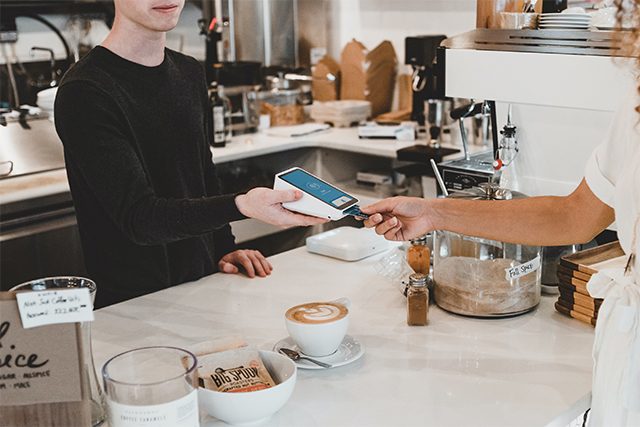Most consumers in Southeast Asia still prefer to keep their money-related information from the internet, according to recent data.
In a report titled “Making Sense of Our Place in the Digital Reputation Economy” by cybersecurity firm Kaspersky, majority or 76% of respondents from the region have this sentiment amid the growing shift to go cashless.
Most of the baby boomers (85%) still prefer to keep their financial data private, followed by the Gen X (81%) and millennials (75%). Only 68% of the youngest generation or Gen Z respondents have this apprehension.
The report stated that based on several similar studies, SEA’s young population has been a key factor in the shift to e-payments.
These findings coincide with a similar report stating that about 73 million Filipinos now go online to conduct their daily activities, including making electronic payments or cashless payments.
Singaporeans, however, still have a hard time to go give up cash payments, according to a report from South China Morning Post, however.
Most of these cash-only businesses are Singapore’s famous hawker centers, which were recognized by UNESCO as an Intangible Cultural Heritage of Humanity. They became a hindrance in their government’s goal to digitize their economy.
RELATED: Singapore’s foodie ‘hawker’ culture given UNESCO recognition
Pandemic pushes cashless drive
An official from Kaspersky said that the still raging COVID-19 pandemic “accelerated” SEA’s campaign to go cashless.
“This health crisis accelerated Southeast Asia’s cashless drive at a rapid pace, parallel to the offline-to-online shift of most activities in the region since last year. It is a welcome insight that users here are now thinking thoroughly about the data they share and don’t share online,” Chris Connell, Managing Director for Asia Pacific at Kaspersky said.
To keep their financial data and other personal information safe online, Kaspersky advises the following tips:
- Avoid sharing your movements online such as upcoming travel plans.
- Avoid disclosing private information such as home address and phone address in your social media profiles or any public forums online.
- Turn off the location setting of a platform you are using.
- Avoid fun quizzes online that ask personal information.
- Be wary of some contests and giveaways, which might be scams in disguise.
Research agency YouGov conducted this study with a total of 1,240 respondents in Australia, India, Malaysia, Philippines, Singapore, and Vietnam last November 2020.
The respondents are already working professionals who are active on social media with ages between 18 and 65 years old.










